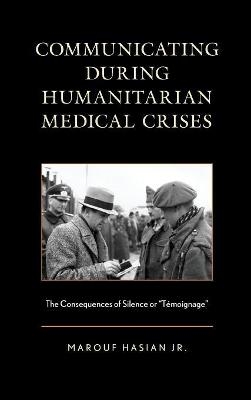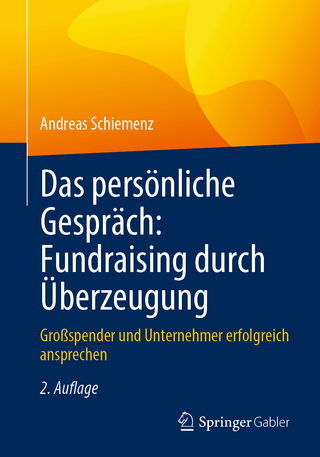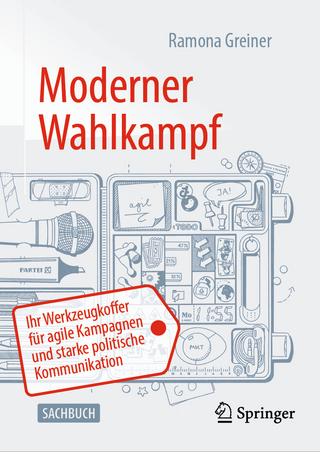
Communicating during Humanitarian Medical Crises
Lexington Books (Verlag)
978-1-4985-9318-2 (ISBN)
The Promise and Perils of " Silence" or " Temoignage" During Humanitarian Crises provides readers with a nuanced study of what happens when historical and 21st century medical humanitarian communities, armed with their idealistic rhetorics, choose whether to speak out or remain silent during various military or medical crises. The author uses a series of case studies from the late nineteenth century to the early twenty-first century to illustrate the politicized nature of these decisions. Unlike some that focus on the prescriptive need to follow certain universal medical humanitarian principles during crises, this book highlights the precarious nature of what some scholars call “medical advocacy/witnessing” or what the French call “témoignage.”
The author argues that regardless of whether we are talking about lack of action during colonial crises or the Holocaust, it is oftentimes the lack of political will that determines how like “neutrality” or “impartiality” are interpreted. The book also acquaints readers with some of the challenges that have been recently posed to the “new” humanitarian Doctors Without Borders personnel, who have witnessed the targeting of medical hospitals and clinics. What researchers call the weaponization of medical care affects many in need living in places like Afghanistan, Iraq, Yemen, or Syria.
The author concludes the book by underscoring the point that it is the
presence or absence of political will, and not the inherent epistemic value of medical humanitarian principles, that dictates when this advocacy succeeds or fails.
Marouf Hasian, Jr. is professor of communication at the University of Utah.
Chapter 1: ICRC Non-Interventionism and Spanish Gas Attacks in Morocco, 1921-1926
Chapter 2: The International Committee of the Red Cross, Swiss Nationalism, and Debates over Holocaust Silences
Chapter 3: The Nigeria-Biafra War and Promotion of the Principle of Témoignage by Médecins Sans Frontières
Chapter 4: The 1984-1986 Ethiopian Famine, Relocations, and Ouster of MSF from Famine Relief Efforts
Chapter 5: The MSF 2014 Warnings About the Advent of the “West African” Ebola Epidemic
Chapter 6: Tèmoignage, the 2015 Kunduz Bombing Incident, and Allegations of “War Crimes”
Chapter 7: Counterterrorism and the “Weaponization” of Medical Humanitarianism During the 21st Century
| Erscheinungsdatum | 10.05.2021 |
|---|---|
| Verlagsort | Lanham, MD |
| Sprache | englisch |
| Maße | 159 x 232 mm |
| Gewicht | 630 g |
| Themenwelt | Sozialwissenschaften ► Kommunikation / Medien ► Kommunikationswissenschaft |
| Sozialwissenschaften ► Soziologie | |
| ISBN-10 | 1-4985-9318-6 / 1498593186 |
| ISBN-13 | 978-1-4985-9318-2 / 9781498593182 |
| Zustand | Neuware |
| Haben Sie eine Frage zum Produkt? |
aus dem Bereich


